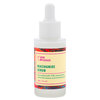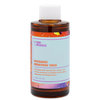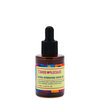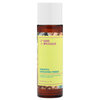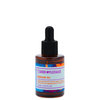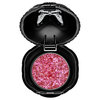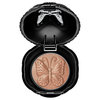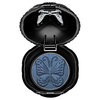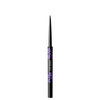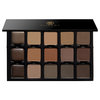
Are you a skin care product junkie? When it comes to stocking up on complexion essentials, brand loyalty is more important than you think. Blending different cleansers, scrubs, serums, and sunscreens does more harm than good sometimes. Incompatible ingredients or different pH ranges can irritate skin and lead to breakouts. To better understand the do's and don'ts of skin care cocktailing we chatted with Los Angeles-based dermatologist Ava Shamban, M.D.
What to look out for
When you mix certain active ingredients together, “you may experience skin sensitivity, breakouts, rashes, or topical skin dermatitis," warns Dr. Shamban. Blending formulas is also bad. Some ingredients become less effective when layered and can even completely cancel each other out. One example of a mismatch? Copper peptides and vitamin C. "Copper peptides are found in many anti-aging products such as moisturizers and serums," explains Dr. Shamban. "They counteract topical vitamin C—another popular anti-aging ingredient.” So check your labels carefully. “Alpha Hydroxy Acids and retinols also shouldn't be mixed together or applied at the same time, as one degrades the other,” according to Dr. Shamban. Since retinols also increase your skin’s sun sensitivity, apply them in the evenings only.
Acne aids
Zit zappers can work against you when you cocktail them. If you layer on high concentrations of powerful pimple fighters like glycolic acid, salicylic acid, and retinols at the same time, you may face a bigger problem than when you started. Skin can become inflamed, ruddy, dry, and acne can get worse! "The package inserts on most retinol products say not to use salicylic acid with them," explains Dr. Shamban. "However, it all depends on your skin tolerance. Both ingredients are quite drying—try using one in the morning and another in the evening for optimal results."
What about sunscreen?
“Your normal skin care regime of cleanser and moisturizer won’t interfere with the SPF effectiveness and shouldn’t irritate your skin,” says Dr. Shamban. You can even layer on an antioxidant serum to boost your UV protection.
The bottom line
Most of the time mixing skin care items is okay, just be careful not to overuse one type of ingredient or layer ingredients that counteract with each other. To avoid unwanted side effects, keep your routine basic. Stick to one active ingredient in the morning and another one at night.
Ava Shamban M.D. is a renowned board-certified dermatologist. In addition to serving as Assistant Clinical Professor of Dermatology at the UCLA-Geffen School of Medicine, she is also owner and director of two practices, AVA MD, in Santa Monica and Beverly Hills, CA. She is not only recognized as the Extreme Makeover dermatologist and the resident expert on the Emmy winning daytime talk show, The Doctors, but Dr. Shamban is also author of the new book, Heal Your Skin: The Breakthrough Plan for Renewal.




